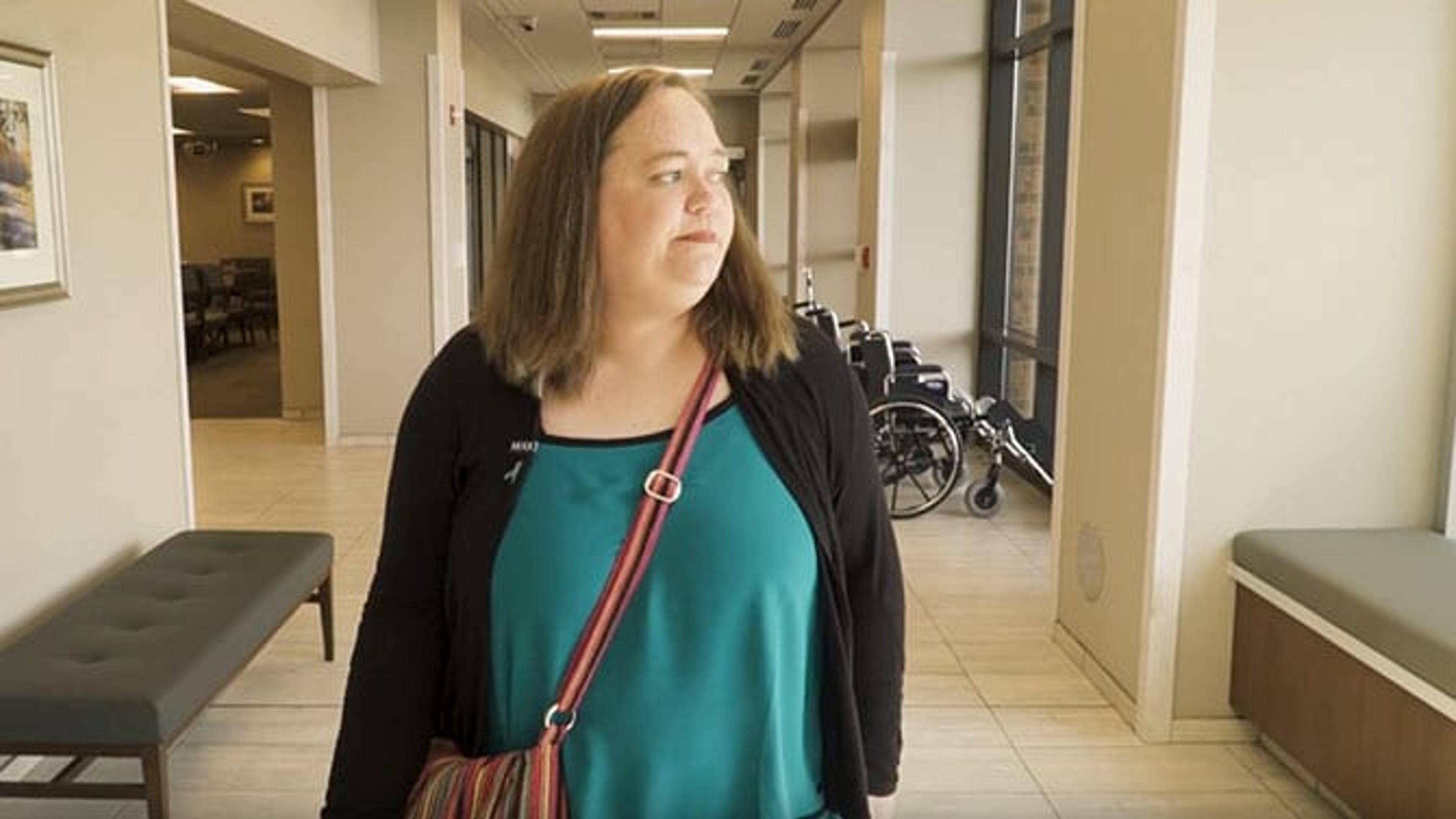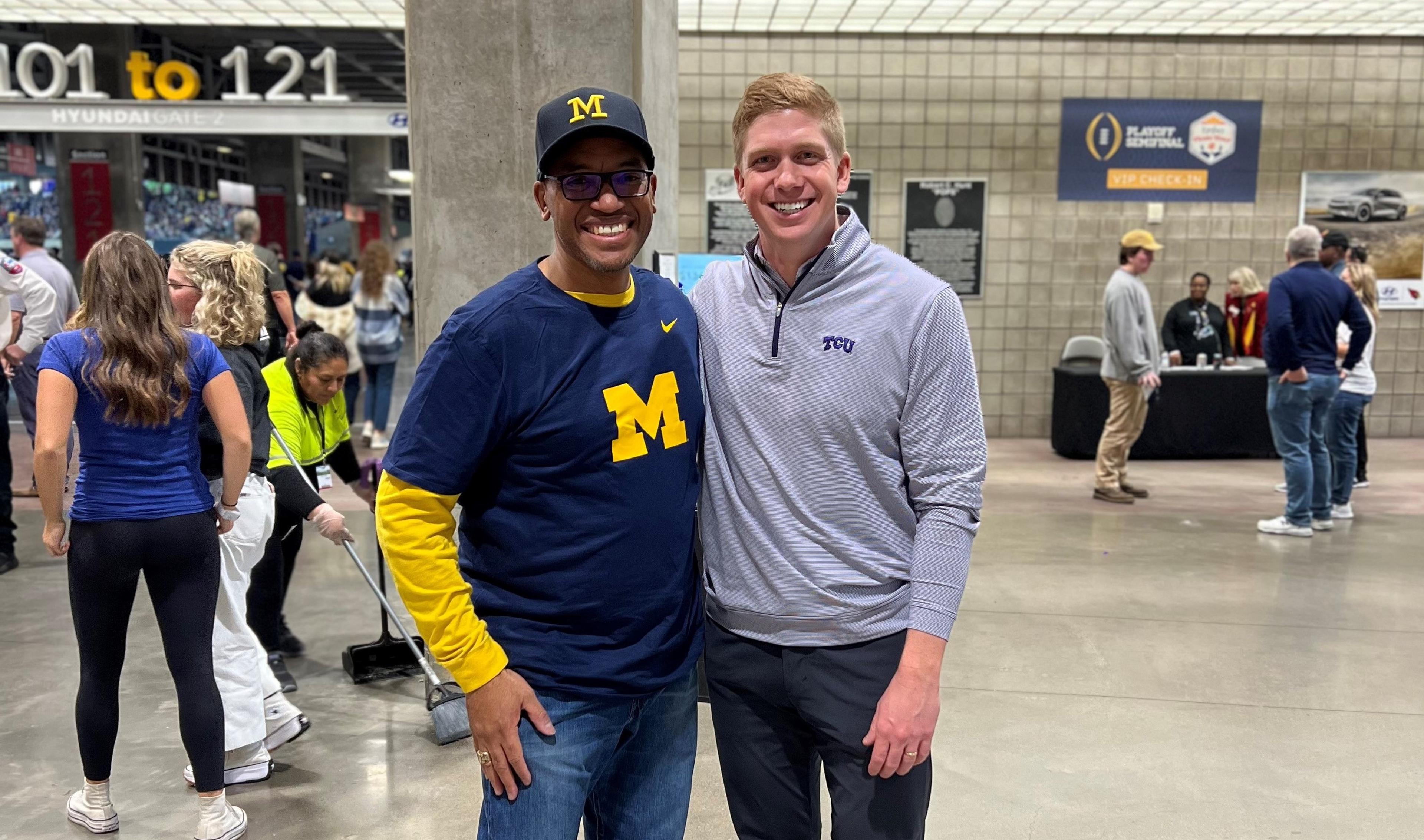Durable Medical Equipment Fraud Targeting Seniors: What to Know
Jake Newby
| 4 min read

An estimated tens of billions of American dollars are lost each year due to health care fraud, according to the National Health Care Anti-Fraud Association (NHCAA). This includes Medicare fraud. In recent years, a particular scam known as the durable medical equipment (DME) scheme has contributed to these incredible financial losses.
In July of 2022, the FBI and federal investigators announced a nationwide, coordinated effort to charge dozens for$1.2 billion in health care fraud to combat telemedicine, clinical laboratory and DME fraud.
DME is defined as medical equipment provided by doctors that must withstand repeated use, service a medical purpose, and be suited for in-home use. This includes a wide variety of equipment used by Medicare beneficiaries, such as:
- Braces (orthotics)
- Hospital beds
- Oxygen supplies
- Prosthetic limbs
- Wheelchairs, walkers and scooters
What is DME fraud?
The DME scheme – also known as DME fraud –is a scam that involves the collaboration of medical professionals, DME companies and others. They utilize telemarketing calls to take advantage of unsuspecting disabled and elderly Medicare members through the eventual fraudulent prescription and dispensing of medical devices. Members who are victimized by DME fraud lose the benefit that allows them to order supplies and equipment they actually need, when they actually need it.
It begins with bad actors targeting senior members with rich benefits, and asking them if they experience pain, which almost all do. Telemarketers send fraudulent physicians/providers a checklist, the provider signs a prescription, and the telemarketer begins sending the person expensive, medically unnecessary DME supplies.
During the DME scheme, the majority of DME supplies are sent without the member’s request or consent. Members do not know the referring provider in cases – they are not their primary provider. The majority of referring or rendering physicians are non-participating, not in-network and from out-of-state.
From there, contact information for return or cancellation is rendered incorrect, so the member is unable to return or stop deliveries. As part of the scam, provider Nonpharmaceutical Interventions (NPIs)are being used without their knowledge. Some supplies are never sent, and as noted, a precious benefit is wasted.
How BCBSM members can avoid DME fraud
The most important piece of guidance for Blue Cross Blue Shield of Michigan (BCBSM) members to follow is to avoid providing personal info to unknown telemarketers. Always work with your primary provider for medical needs. If you receive DME without consent, return the items. DME benefits are limited, and if you really needed a brace you may not be eligible in the future. BCBSM should check their Explanation of Benefits (EOB) for accuracy of claims through the member portal, which can be accessed at this link after signing into your member account, or through the BCBSM app.
What is the Corporate and Financial Investigations Unit?
The Corporate and Financial Investigations (CFI) Unit at BCBSM is composed of:
- Health care fraud investigators
- Hotline specialists
- Special investigative analysts
- Data technology and advanced analytics analysts
- Professional coders
- Registered nurses
According to BCBSM CFI, 68% of DME fraud cases in 2022 involved braces. That’s 36 out of 53 cases. CFI has performed outreach to members for awareness and contacted hundreds of members and providers for resolution. Here are other ways the CFI staff takes action:
- Adjusts benefits for affected members.
- Data mines associated codes for new cases.
- Interviews members and providers to confirm visits and requests for supplies.
- Issues national scheme alerts.
- Reports DME suppliers and providers involved in fraud to the federal database.
- Requests medical records to verify medical necessity.
- Sent education letters to top prescribers.
- Tracks cases by filtering all DME cases through one investigator.
- Utilizes administrative stop codes for this scheme.
If you suspect fraudulent activity, you can report it to the CFI staff confidentially. They maintain a policy that enforces non-retaliation and non-intimidation against those who report potential concerns. Click here to file a report.
Related:
- What is Health Care Fraud?
- How Your Health Plan Helps Pay for Your Medical Bill
- When You Should — and Shouldn’t — Go to an Urgent Care Center
Photo credit: Getty Images





